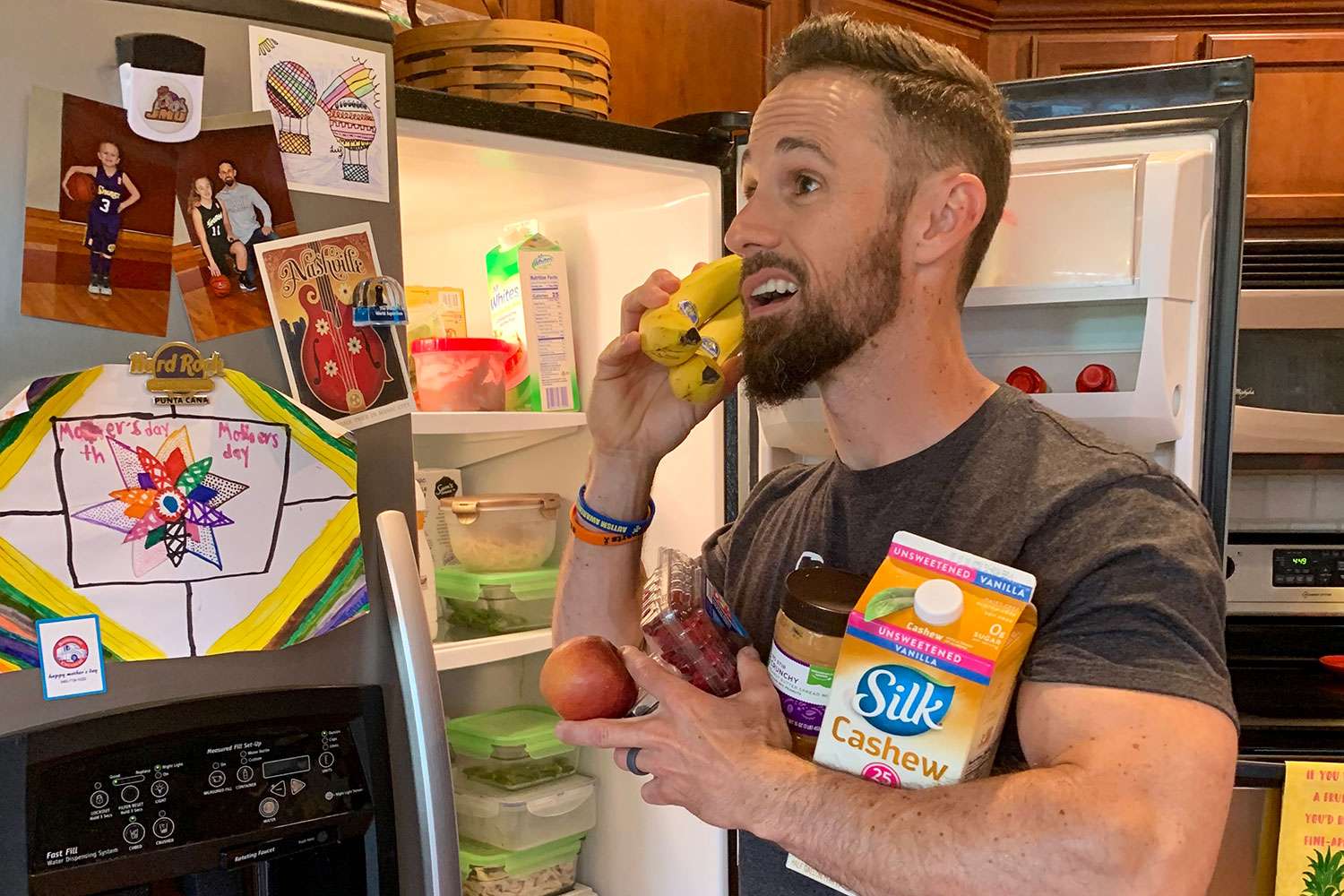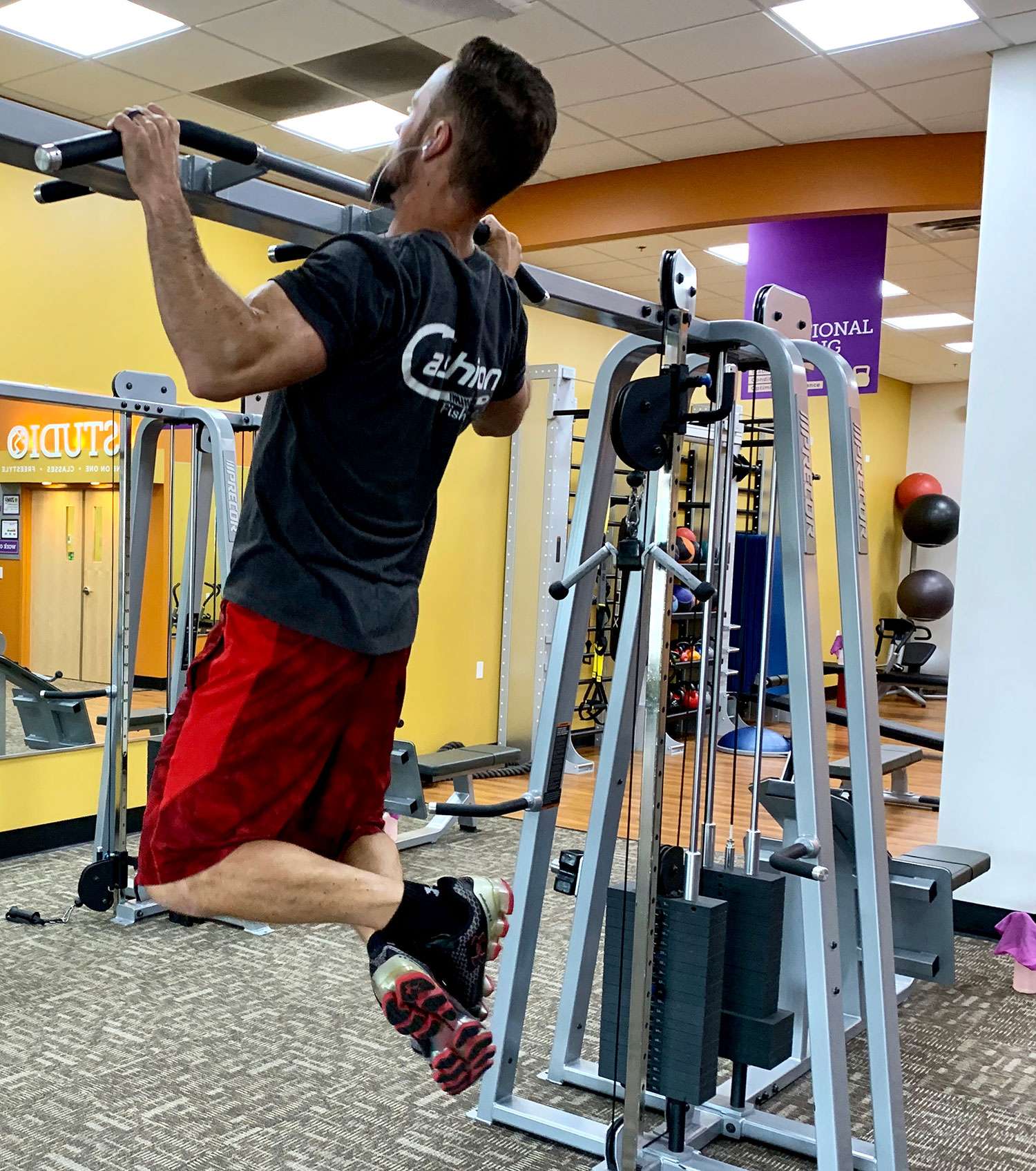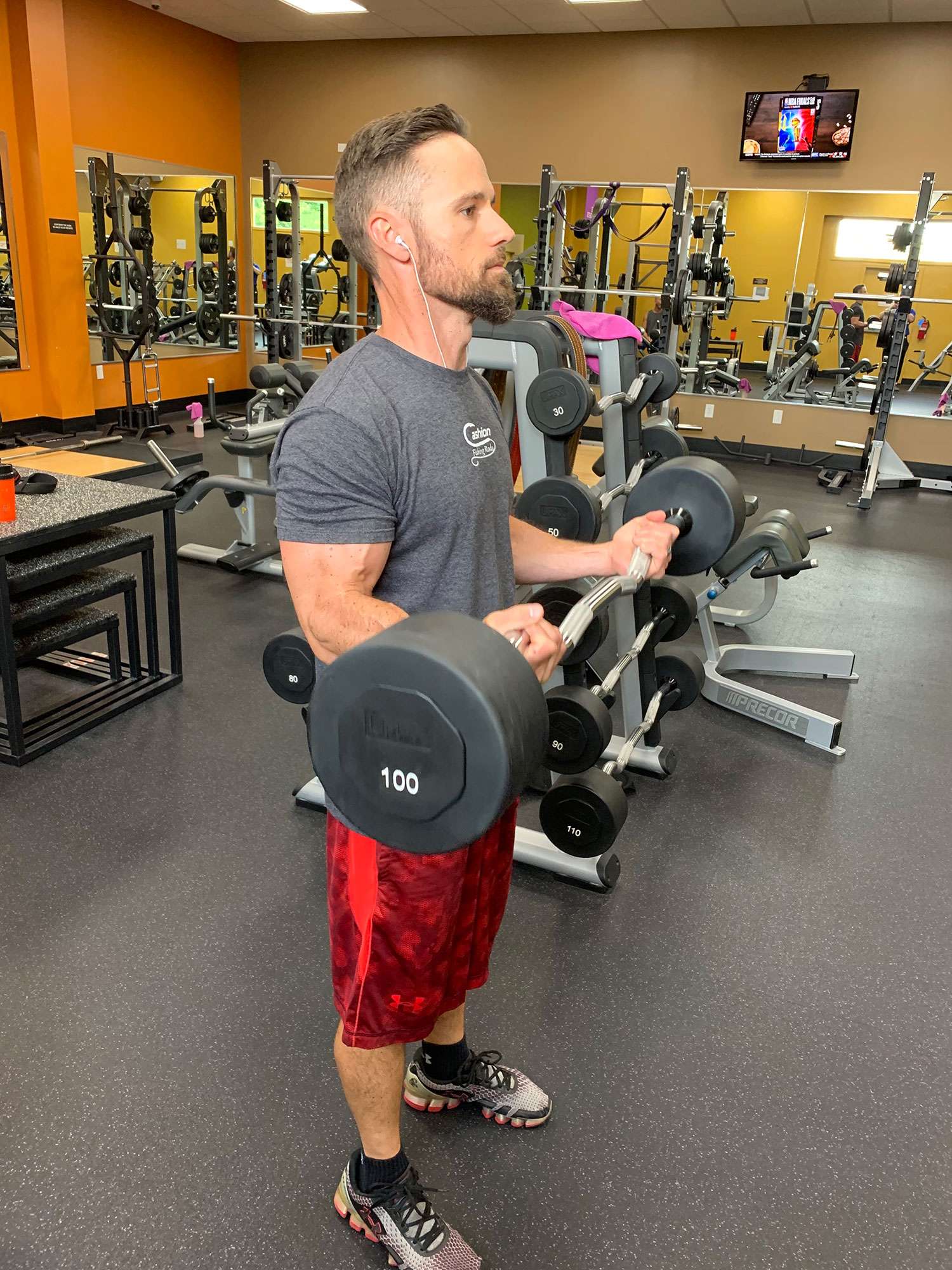
There was no reason John Crews’ knees should hurt so badly.
He was in his late 30s, and at 5-foot-8 and approximately 160 pounds, his height and weight were in proportion. He ate well, exercised regularly and had no known family history of arthritis, joint inflammation or any other malady that would cause his knees to ache.
For an avid outdoorsman and a fitness junkie, the pain was inconvenient. Crews could no longer do squat lifts in the weight room, and he felt the knees burn during routine exercise.
But much more, the pain also was beginning to affect his day-to-day routine.
Crews was having trouble climbing and descending stairs. He figured if things got worse, it wouldn’t be long before he might struggle to stand on the bow of his bass boat for hours on end – pretty much a requirement when preparing for and competing in the Bassmaster Elite Series tournaments where Crews makes his living.
He tried glucosamine, a natural remedy for joint inflammation, and it helped, but not well enough for Crews to stop thinking about his throbbing knees. He didn’t want pills or injections, either, so he ruled out seeing a physician.
He finally found relief 18 months ago, and it didn’t require a prescription.
“I had been doing a bunch of research, just trying to get my knees right, and I read where a plant-based diet could really help with something like that,” he said. “Shoot, I’ll try it. Why not? I really had nothing to lose except the pain at that point.
“Within a week, my knees quit hurting. It was crazy. I hadn’t had that kind of relief in about four or five years.”
A plant-based diet is just as it sounds, in that a person’s food supply consists of vegetables, fruits, nuts, grains, legumes and the like. Practitioners minimize, or completely eliminate, processed foods and animal products (meat, dairy, eggs, etc.) from the diet, as well.
Supporters, including many nutritionists, say a plant-based diet reduces the risk of heart disease, cancer, obesity and diabetes, while helping maintain a healthy metabolism, normal weight and proper cognitive function.

Count Crews, 40, among the believers. In fact, he said he ate a strictly vegan diet for three months, meaning there were no animal products at all in his diet during that span.
But because he works out so frequently (at least four days a week between bass tournaments), he wondered if he needed additional protein in his diet to fuel lean muscle growth and repair.
Crews broke the vegan cycle and ate eggs on three consecutive days. He was blown away when the pain in his knees returned, perhaps even worse than before.
“My knees started killing me again,” he said. “It was definitely a problem for about two weeks after that, so I went back to the plant-based diet. But a couple months later, I got brave and tied some shrimp and I had no problems. So now, I eat shellfish and fish, but everything else is plant-based.”
That makes Crews a pescatarian (someone who eats fish, but no other meat) and the dietary choice has suited him well. When he’s on the road for bass tournaments, Crews rents a house or a condo that has a furnished kitchen so he can prepare the meals he not only wants, but those that his body requires to function at full capacity.
Crews’ typical dinner may include a couple imitation chicken patties, brown rice and vegetables. On the boat, he snacks on peanut butter and jelly sandwiches, CLIF Bars and apples. He hydrates with water, unless temperatures soar, when he will sneak in a sports drink to replenish electrolytes lost when sweating.
“It’s not too hard at all, to find what the foods I’m looking for,” he said. “There’s a big selection of things you can get at any supermarket. But fast food restaurants, most of them have zero options.”

Crews has been serious about his health since his high school days in his native Virginia. He started lifting weights when he was 15 years old and a three-sport athlete at Fuqua School in Farmville. He traded the baseball bat and golf clubs for a fishing rod when he attended Randolph-Macon College in Ashland about 80 miles away, but exercise remained important in his routine.
It still is.
“I don’t work out when I’m in a tournament because my body needs time to recover from the day,” he said. “But when I’m at home, I do a lot of traditional weight lifting – bench, squat. I also do agility training and things to work on my core (muscles). I work on balance too and the stabilizer muscles.”
Crews said most people are completely unaware of just how much wear and tear a professional angler endures through an Elite Series season.
“When you think of an athlete, you immediately visualize a football player or a sprinter,” he said. “You think of someone long and lean. But bass fishermen are endurance athletes. There’s a similarity in what we do to what marathoners do.”
Need proof? Try standing on the deck of a bass boat for 10 consecutive hours and slinging a lure hundreds of times with no protection from the sun, wind or water. It’s taxing on the body, for sure, but those conditions can be equally tough on the mind.
Crews said the plant-based diet and his exercise routine have helped tremendously in both regards. For him, they go hand in hand
“You have to get into fishing shape,” Crews said. “If you haven’t been fishing in a couple months, you can’t go out and fish four days for 10 hours a day. Part of that has to do with your hands and wrists getting tired, but just standing on the boat in a fishing posture for that long is pretty grueling.
“But If you’re properly hydrated and you’re not run down physically, your focus is much better, and your recovery at night is much better. And then you’re ready to rock. You get that one bite, that one 5-pounder in the last 10 minutes of the day, and you’re ready to pounce on it. You’re going to capitalize.”
